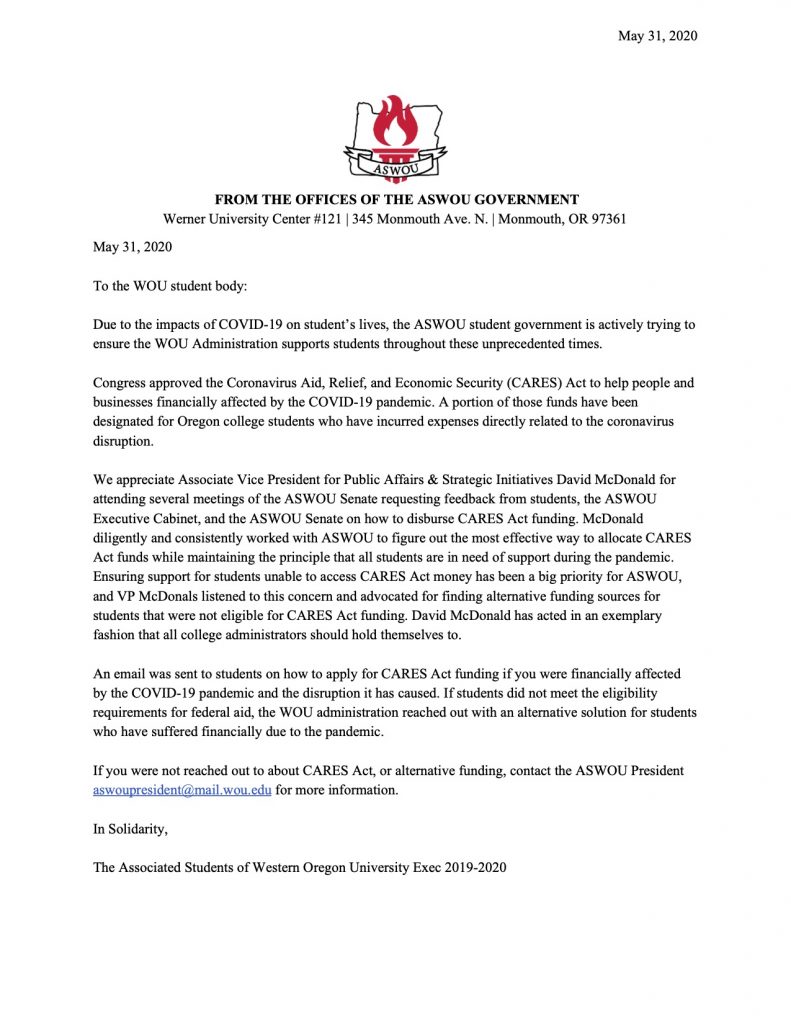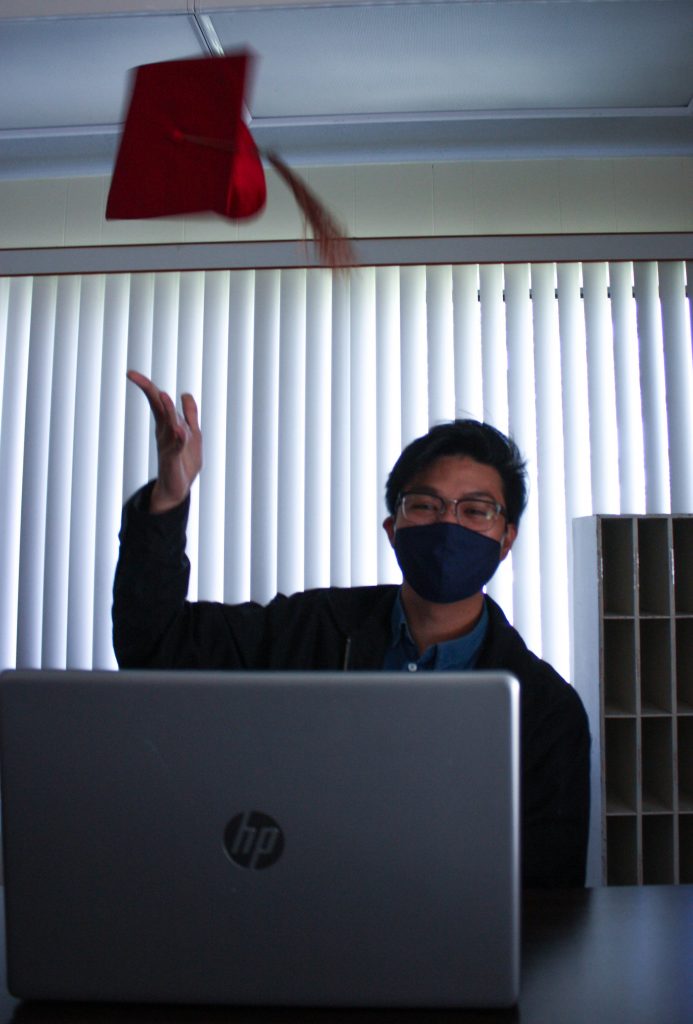A midterm look at the changes the Howl has made since issue one
Cora McClain | Editor-In-Chief
Well Western, we’ve made it halfway through the term and now stand on the precipice of a monumental election. As a way to manage my staff, I conduct what we call “midterm reviews,” where I sit down with each member of staff and talk about their progress so far, things that have changed and need to change. Think of this letter as a midterm review for The Western Howl, to you, our most valued readers.
More than most years, beginning this term and finding a routine has been difficult. Here at the Howl in particular, we have made some changes from what I had laid out for you in “The Western Howl: Vol. 3 Issue 1.”
Rather than reduce our content through only designing bi-weekly, the Howl staff have adjusted to continue designing each issue through the year. We are very happy with this, as we can continue to bring to Western the feeling of a produced, printed paper in an online format.
These designed weekly issues can be seen on the right side-bar of the main page of our website and like always, the stories will still be uploaded online on the website.
With administration announcing that winter term will have similar modality to fall, the Howl will be distributing just as it has this term — we once again will not be printing.
While IFC is still in deliberation and has not yet made their preliminary decisions, it is looking like our operating budget will not change much from fall. We will most likely be operating at the same capacity as we are now. This means we will only have the News, Entertainment and Lifestyle editor sections. Along with those, we will unfortunately not be able to meet one of our goals to expand to a 12 page paper by 2021, and continue to produce an 8 page paper into the new year. While I wish we could give you more content, Western, I hope that our current reporting is up to your standards.
Thank you, Western, for your continued support through these difficult weeks. Being able to serve this community and keep everyone informed makes all of this difficulty worth it. The Howl staff and I, appreciate you, Western; without you, our work would be meaningless.
Once again, thank you Western, for making us at the Howl feel like we aren’t alone.

Contact the author at howleditor@wou.edu




